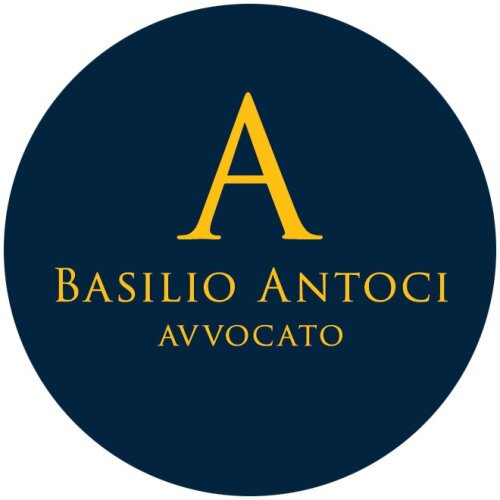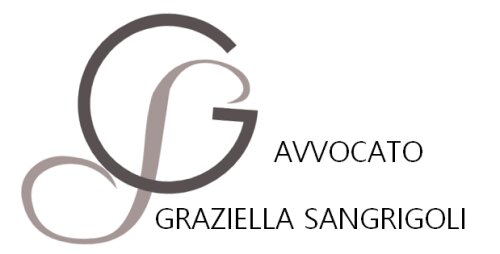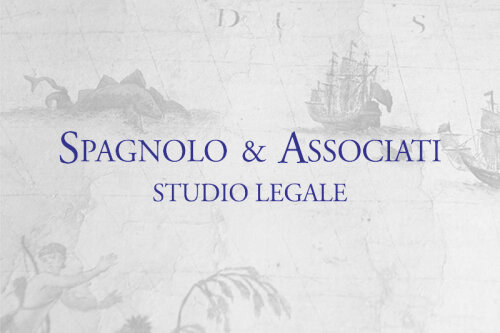Best General Litigation Lawyers in Catania
Share your needs with us, get contacted by law firms.
Free. Takes 2 min.
List of the best lawyers in Catania, Italy
About Litigation Law in Catania, Italy
Litigation in Catania, as in the rest of Italy, refers to the process of resolving disputes through the civil, criminal, or administrative courts. The Italian legal system is structured with several levels of courts and a strong emphasis on written procedures. In Catania, litigation can concern a broad range of issues, including commercial disputes, employment issues, property conflicts, family law matters, and tort claims. The process is regulated by the Italian Code of Civil Procedure ("Codice di Procedura Civile") and other national laws, but local courts and legal professionals play a crucial role in resolving matters specific to the area.
Why You May Need a Lawyer
Individuals and businesses in Catania may require legal advice and representation in litigation for several reasons, including:
- A breach of contract or commercial disagreements between companies
- Property disputes, including inheritance or real estate disagreements
- Employment disputes involving wrongful termination or unpaid wages
- Family law matters, such as divorce or child custody
- Claims of damages or personal injuries
- Criminal charges or being the victim of a crime
- Issues with administrative decisions or fines from local authorities
Italian court procedures can be complex, and navigating them without expert knowledge of the local laws and procedures can lead to unfavorable outcomes. A lawyer can guide you through procedural requirements, ensure your rights are protected, and present your case effectively.
Local Laws Overview
Litigation in Catania is governed primarily by national Italian law, but there are some aspects unique to Sicily and the region:
- Cases are generally initiated in the Tribunale di Catania (the main local court), which hears most civil and criminal matters.
- Some cases, such as smaller civil claims, may begin in the Giudice di Pace (Justice of the Peace).
- Catania has specific practices in court scheduling and hearing procedures that may differ from other regions.
- The system is adversarial, but with strong elements of formality and written submissions rather than oral argument.
- Deadlines and procedures are strictly enforced; missing a deadline can jeopardize a case.
- Litigation often takes longer to resolve in Italy compared to some other countries, so patience and persistence are required.
- The cost of litigation can include court fees, lawyer’s fees, and potential compensation for the winning party’s costs, depending on the outcome.
Frequently Asked Questions
How do I start a lawsuit in Catania?
To start a lawsuit, you or your lawyer must file an official complaint (atto di citazione) with the competent local court (usually the Tribunale di Catania) and serve it on the opposing party. Your lawyer will draft this document according to Italian procedural rules.
Do I need to attend court in person?
In many cases, your lawyer can represent you without your personal attendance, especially in civil matters. However, personal appearances may be required for testimony or in criminal cases.
How long does litigation take in Catania?
Litigation timelines vary based on the case complexity and court workload. Civil cases in Italy often take several months to years to reach a resolution, with appeals possibly adding more time.
Are mediation or alternative dispute resolution (ADR) required?
In certain types of disputes, such as family law or condominium matters, mediation may be required before the case can proceed in court. ADR can sometimes resolve disputes faster and with less cost.
How much does it cost to litigate a case?
Costs depend on the case’s complexity, lawyer’s fees, administrative costs, and potential court fees. The losing party may be required to pay some or all of the other party’s legal costs.
Can I appeal a court decision?
Yes, most court decisions can be appealed to a higher court (Corte d’Appello), and further to the Corte di Cassazione for issues of law. There are strict deadlines and grounds for appeal.
Is legal aid available if I cannot afford a lawyer?
Italy offers legal aid ("patrocinio a spese dello Stato") to qualified individuals with low income. You must apply and meet specific criteria to obtain free or reduced-cost legal representation.
What are the key courts in Catania for litigation?
The primary courts are the Tribunale di Catania, the Giudice di Pace, and for appeals, the Corte d’Appello di Catania. Administrative matters may go to the Tribunale Amministrativo Regionale (TAR) Sicilia.
How are legal documents served in Catania?
Legal documents are typically served by official court officers (Ufficiale Giudiziario) or by registered mail with return receipt to ensure legal proof of service.
How can I find the right lawyer in Catania?
You can seek recommendations, consult the local Bar Association ("Ordine degli Avvocati di Catania"), or search for lawyers experienced in the relevant type of litigation.
Additional Resources
For those seeking more information or assistance, the following resources can be helpful:
- Ordine degli Avvocati di Catania: The local Bar Association provides lists of registered lawyers, information on legal aid, and complaint procedures.
- Tribunale di Catania: The main court in Catania, handling most litigation cases, provides general procedural information at their offices.
- Giudice di Pace di Catania: Handles small claims and minor civil matters.
- Comune di Catania (Municipality): Offers information on local regulations and administrative services.
- Legal clinics and pro bono services: Some local universities and associations provide free legal advice for qualifying individuals.
Next Steps
If you believe you need legal assistance regarding litigation in Catania, consider the following steps:
- Clarify your legal issue and gather relevant documents and evidence.
- Contact a qualified lawyer with experience in your specific area of concern. You can use the Bar Association's directory for recommendations.
- If cost is an issue, inquire about eligibility for legal aid.
- Arrange an initial consultation to discuss your case and legal options. Many lawyers offer a preliminary meeting for a modest fee.
- Follow your lawyer's instructions regarding evidence, deadlines, and appearances.
- Stay informed and proactive throughout the process to ensure the best possible outcome for your case.
Understanding the litigation process in Catania can help you make informed decisions and better protect your interests should a dispute arise. Always seek professional advice tailored to your personal situation.
Lawzana helps you find the best lawyers and law firms in Catania through a curated and pre-screened list of qualified legal professionals. Our platform offers rankings and detailed profiles of attorneys and law firms, allowing you to compare based on practice areas, including General Litigation, experience, and client feedback.
Each profile includes a description of the firm's areas of practice, client reviews, team members and partners, year of establishment, spoken languages, office locations, contact information, social media presence, and any published articles or resources. Most firms on our platform speak English and are experienced in both local and international legal matters.
Get a quote from top-rated law firms in Catania, Italy — quickly, securely, and without unnecessary hassle.
Disclaimer:
The information provided on this page is for general informational purposes only and does not constitute legal advice. While we strive to ensure the accuracy and relevance of the content, legal information may change over time, and interpretations of the law can vary. You should always consult with a qualified legal professional for advice specific to your situation.
We disclaim all liability for actions taken or not taken based on the content of this page. If you believe any information is incorrect or outdated, please contact us, and we will review and update it where appropriate.












